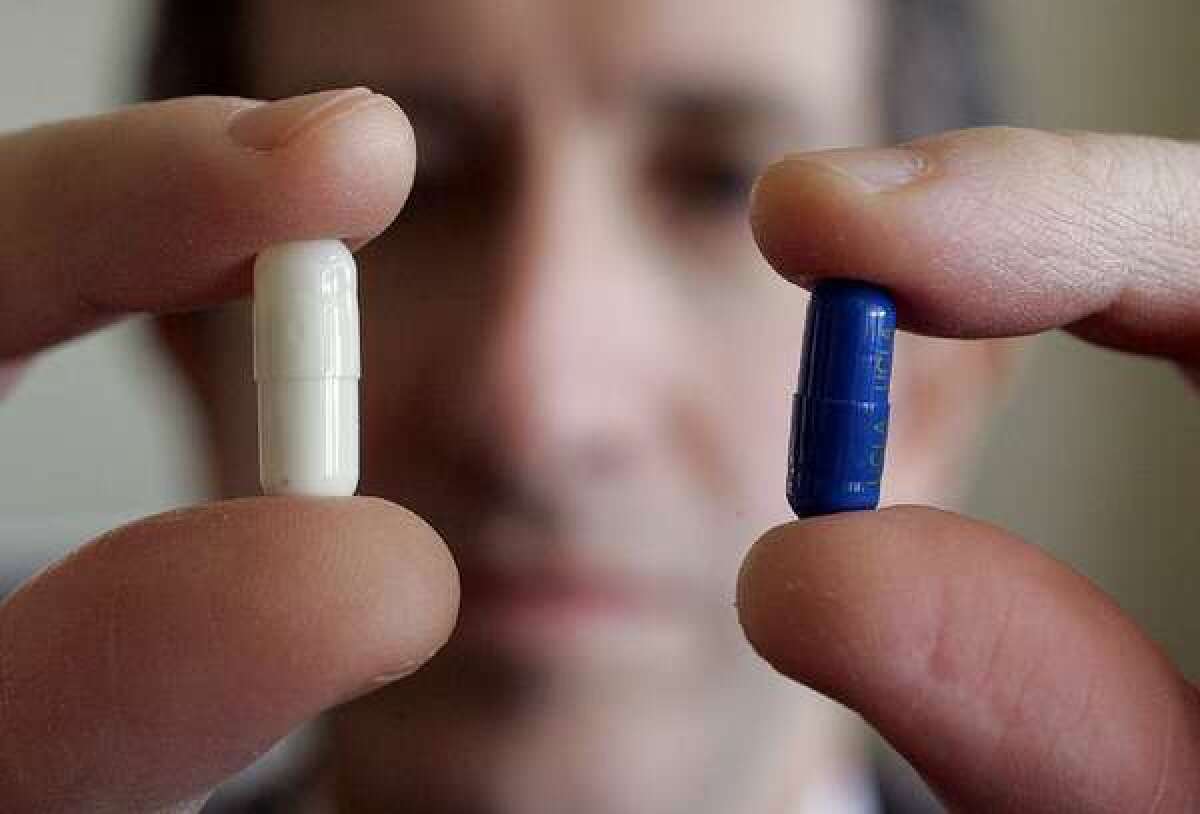Some teen depression symptoms get better without treatment

- Share via
This might be tough for parents who want to swoop in and fix their children’s every problem, but a study found that half of the teenagers who screened positive for depression got better in six weeks without treatment.
Two aspects of the teenagers’ conditions seemed to predict whether the depression would ease without treatment: the severity of the symptoms and whether the symptoms persisted for six weeks, the researchers, led by Dr. Laura Richardson of Seattle Children’s Research Institute, said in an article published this week in the journal Pediatrics.
The researchers looked at other factors, including substance abuse, family history and abuse, but “they did not predict which adolescents would stay depressed,” Richardson, an associate professor of pediatrics at the University of Washington, said in a statement.
The issue is important because the U.S. Preventive Services Task Force recommended in 2009 screening adolescents for depression in primary care settings. The goal is to avoid unnecessary treatment for those with transient symptoms.
The researchers screened 444 people ages 13 to 17 from Washington and Idaho in 2007 and 2008; 113 of them had a positive screening for depression. At six weeks, 47% of those teenagers still screened positive; at six months, the portion was 35%, the researchers said.
“As we … institute broad-based screening of adolescents in primary care settings, we are likely to encounter an increased number of youth who have short episodes of depression that resolve with monitoring and support,” the researchers wrote. Research has shown a relatively high rate of placebo effect when teens who screen positive for depression are treated; the researchers said it might instead be that the depression resolves.
An estimated 12% of girls and 4.5% of boys had a major episode of depression in the last year.
The researchers noted there’s a need to figure out which young people need treatment and which just need “watchful waiting” after their primary care provider identifies depression. They said, not surprisingly, that teenagers who are suicidal or who have significant functional impairment should be treated.







